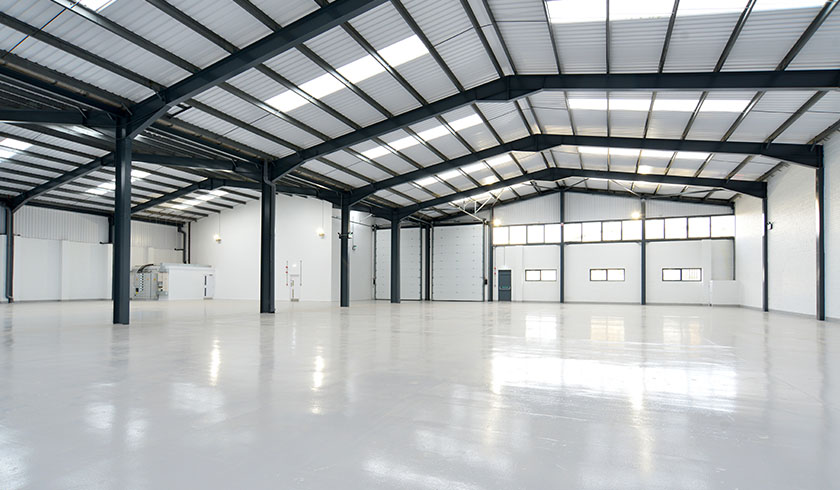Why your commercial investment needs an exit strategy

According to Vanessa Rader, head of research at Ray White Commercial, the long-term plan for an investment is paramount in deciding on the viability of a commercial investment, particularly because it can be easy to get drawn in by long-term leases that obscure the reality of an asset’s worth beyond that time frame.
“Many buyers have been blinded by the fixed income stream they are purchasing; but what happens at the end of their term? Yes, five or 10 years seems like a long way away, but what are your options when that time comes?” Ms Rader said.
She advised buyers to have a strategy in place for the very real possibility of tenant loss, and consider what might be the optimal holding time based on the property’s specifics.
“For specialised uses, tenant loss is a big expense and for some assets their use may be obsolete upon lease expiry,” she warned.
But there are also a number of steps a landlord can proactively take to plan a way through this scenario.
Ms Rader encouraged investors to consider: “What can you do now to identify what can be done to your property if and when your tenant leaves? Is there an alternative use permitted under the zoning? Can it be developed?
“Start the investigation and discussions with the council early so you have a robust plan to ensure your commercial property continues to yield you good returns into the future.”
For her, this type of planning is among the top three considerations to think through before settling on a commercial investment.
Another big one is basically the bedrock of the industry broadly: location, location, location.
“Depending on the asset there may be different locational considerations. For industrial it may be egress and access to major road networks, retail you might want to consider foot or vehicle traffic, local demographics and parking. Childcare and medical will be reliant on the local population while for offices you might consider transport, size of market and future developments,” Ms Rader noted.
Additionally, understanding the lease conditions that a buyer might be taking over in a commercial acquisition is paramount for assessing the financial standing of the asset.
“It’s not just understanding the term and rental rate, but what are the options, make good and rental increases,” she said.
For multi-tenanted assets, in particular, she noted that investors should be asking: “What is the weighted average lease expiry (WALE) and how much does it cost to lease, manage the asset with an expert commercial agent and what could I expect regarding legal fees, outgoings, capital expenditure etc. going forward?”
